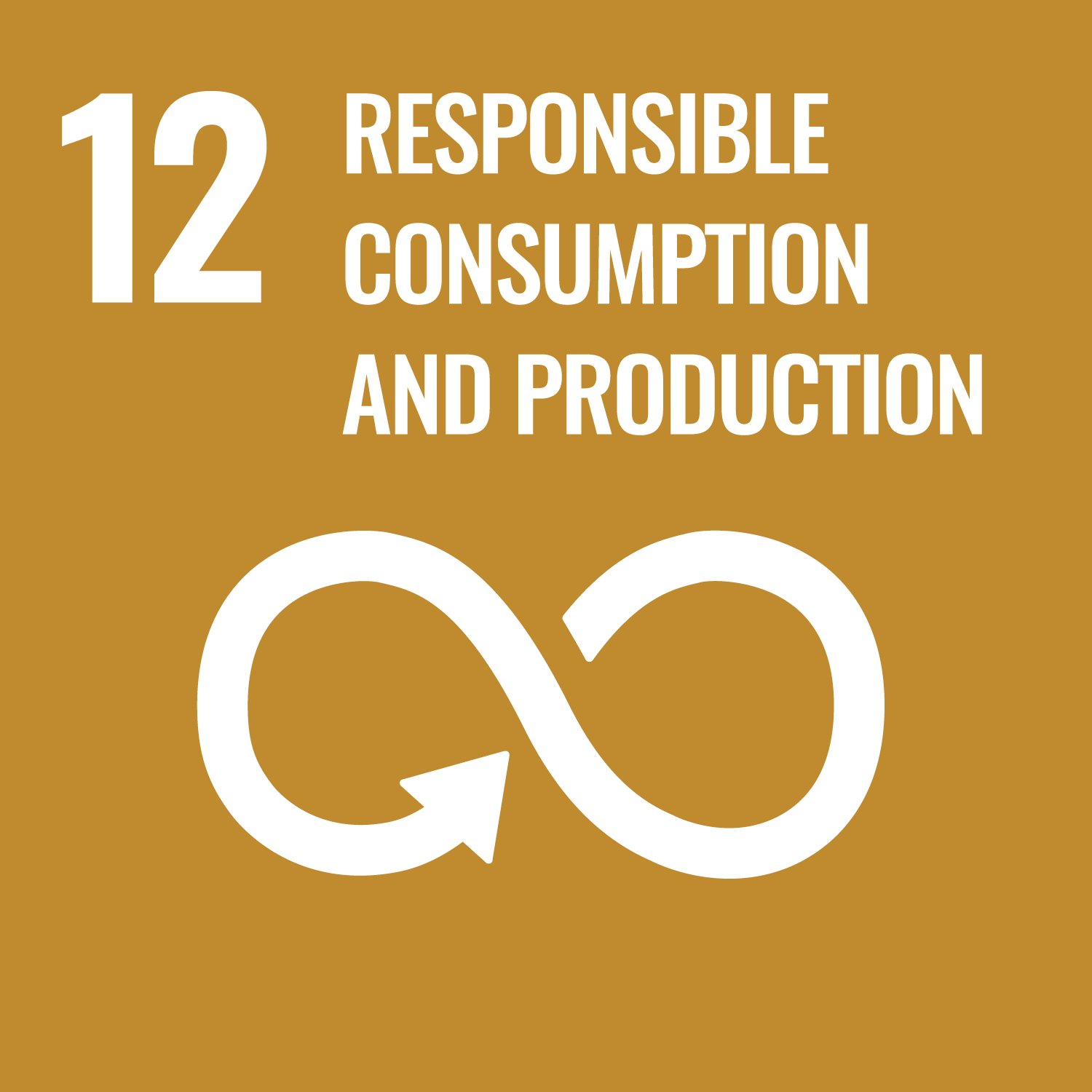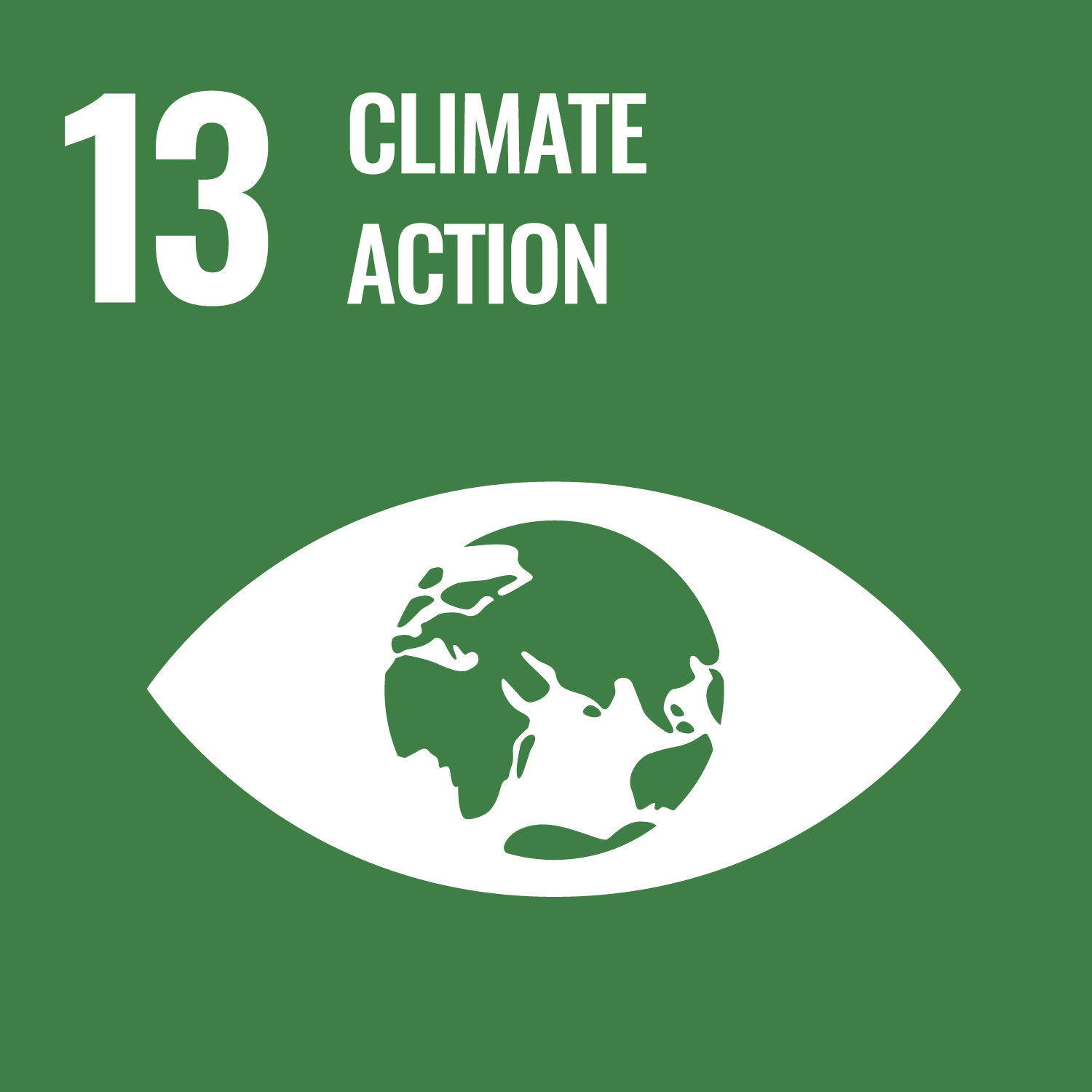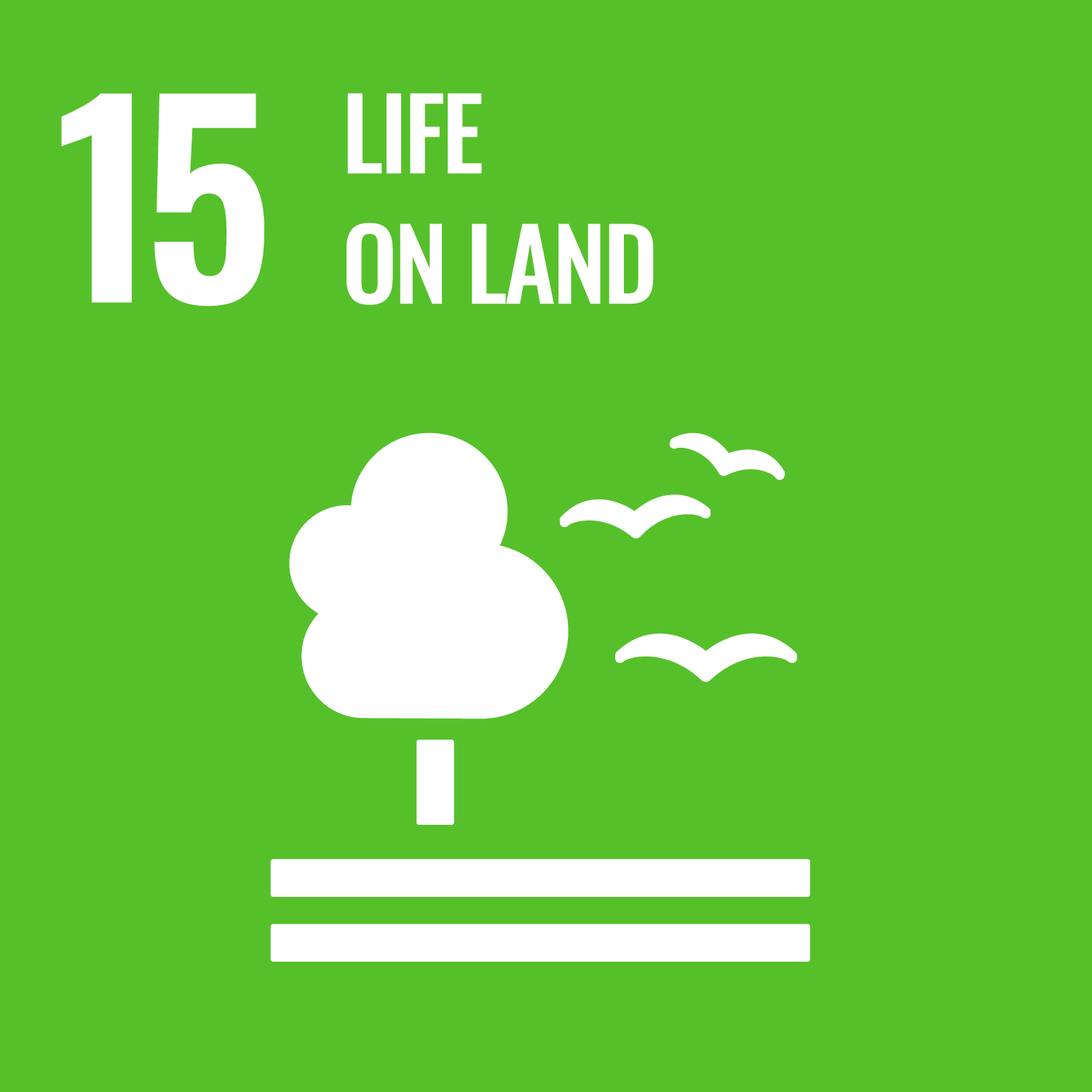Regenerative Outcomes Finance Platform
Aligned SDGs



- Regenerative Outcomes Finance Platform
- General overview
- Intervention
- Target population
- Outcome metrics
- Last data update
- Spreadsheet of data
- Regenerative Outcomes Finance Platform
- General overview
- Intervention
- Target population
- Outcome metrics
- Last data update
- Spreadsheet of data
General overview
Stage of development: Early stage
Policy sectors: Agriculture / Environment and climate change
Type of instrument: Outcomes Fund
Delivery locations: Latin America & the Caribbean
Country classification: Low-income / Lower-middle-income / Upper-middle-income / High-income
Expected launch date: Q1 - 2023
Project design process began: Q1-2022
Intervention
Social or environmental challenge
Solving the global climate crisis must consider the impacts of the global food system on the environment. Transitioning to regenerative food production at scale will require a shift in the practices of both large and small producers and of the Food and Beverage industry. The F&B sector has been particularly ambitious in its commitments to cutting supply chain emissions and Net Zero. A transition of this magnitude requires financing that incents farmers in shifting to regenerative practices. It also demands dynamic learning, outcomes-focused pricing methods, new technologies to capture robust data and the identification of new business opportunities for farmers who become regenerative producers.
Description of the intervention
Multiple transition pathways to be tested for transitioning to regenerative agriculture based on locally appropriate technology and global best practice.
Target population
Small and medium sized agriculture producers of key agriculture commodities that are part of supply chains of large food and beverage companies.
Outcome metrics
- Outcome Framework will cover five core areas 1) Biodiversity, 2) Carbon, 3) Soil Health, 4) Water and 5) Income and Livelihoods
Last data update
Data for this pipeline project was last updated in April 2022
You might have noticed that some pipeline projects have more data than others. This is because organisations can share as much data as they want with the INDIGO initiative. If you have more data on one of these pipeline projects and would like to share with us, please get in touch at indigo@bsg.ox.ac.uk. Our full list of variables and data definitions can be found here.
Spreadsheet of data
Important Notice and Disclaimer on INDIGO Data
INDIGO data are shared for research and policy analysis purposes. INDIGO data can be used to support a range of insights, for example, to understand the social outcomes that projects aim to improve, the network of organisations across projects, trends, scales, timelines and summary information. The collaborative system by which we collect, process, and share data is designed to advance data-sharing norms, harmonise data definitions and improve data use. These data are NOT shared for auditing, investment, or legal purposes. Please independently verify any data that you might use in decision making. We provide no guarantees or assurances as to the quality of these data. Data may be inaccurate, incomplete, inconsistent, and/or not current for various reasons: INDIGO is a collaborative and iterative initiative that mostly relies on projects all over the world volunteering to share their data. We have a system for processing information and try to attribute data to named sources, but we do not audit, cross-check, or verify all information provided to us. It takes time and resources to share data, which may not have been included in a project’s budget. Many of the projects are ongoing and timely updates may not be available. Different people may have different interpretations of data items and definitions. Even when data are high quality, interpretation or generalisation to different contexts may not be possible and/or requires additional information and/or expertise. Help us improve our data quality: email us at indigo@bsg.ox.ac.uk if you have data on new projects, changes or performance updates on current projects, clarifications or corrections on our data, and/or confidentiality or sensitivity notices. Please also give input via the INDIGO Data Definitions Improvement Tool and INDIGO Feedback Questionnaire.